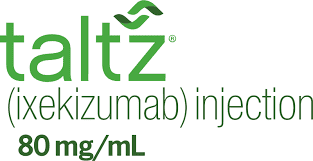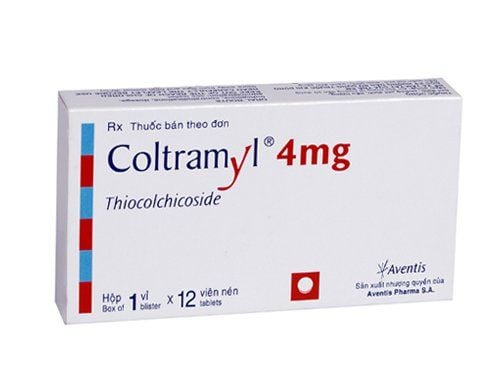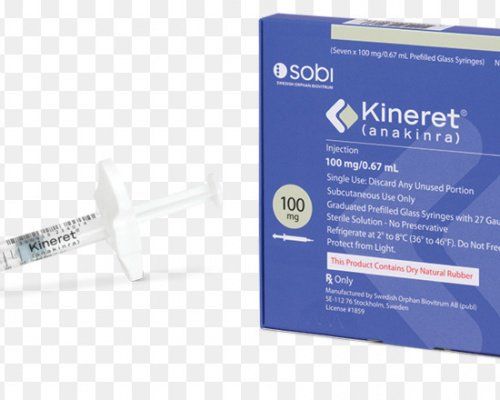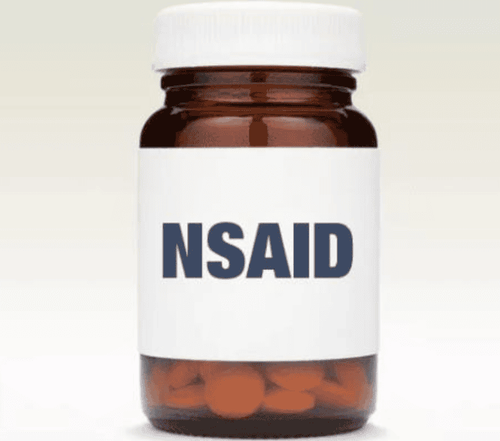This is an automatically translated article.
Zival is a drug to treat bone and joint problems sold at many drugstores nationwide. In order to use the drug effectively, patients need to learn some information about the uses, doses and notes when using Zival in the article below.
1. What is Zival?
Zival is a prescription drug belonging to the group of pain relievers, antipyretics, non-steroidal anti-inflammatory drugs, treatment of Gout and osteoarthritis. The drug is manufactured by Dong Nam Pharmaceutical Trading Production Co., Ltd (Vietnam), registration number VNB - 3671 - 05.The main ingredients in Zival include Meloxicam 7.5mg and excipients:
Lactose ; Microcrystalllnine cellulose; Corn starch; Polyvinyl pyrrolidone; Colloidal silicon dioxide. Zival is in the form of light yellow square tablets, one side is smooth, one side has the word 50/DN. The drug is packaged in many different forms such as blisters of 10 tablets, boxes of 3 blisters, boxes of 6 blisters, boxes of 10 blisters, bottles of 100 tablets, bottles of 200 tablets and bottles of 500 tablets.
2. What does Zival do?
Zival contains the main ingredient Meloxicam. This is a non-steroidal anti-inflammatory, analgesic and antipyretic drug belonging to the Oxicam family.
Meloxicam ingredient has very good anti-inflammatory ability on many different types of inflammation. Meloxicam's mechanism of action is to inhibit the ability to synthesize prostaglandins - inflammatory mediators. In vivo, Zival has the ability to inhibit inflammatory mediators at the site of inflammation better than in gastric mucosa, kidney.
The drug is safe and highly effective in treatment compared to other non-steroidal anti-inflammatory drugs. Zival can be well absorbed after oral administration, the main ingredient in the drug has a strong ability to bind to plasma proteins. Zival is metabolized by the kidneys, excreted in the feces and urine.
3. Indications for using Zival
In general, Zival has anti-inflammatory, pain-relieving, anti-inflammatory effects in the following cases:
Bone and joint; Rheumatoid arthritis ; Ankylosing spondylitis. When using Zival, follow your doctor's instructions for the best results.
4. Dosage, how to use Zival
Zival should be taken on a full stomach. The recommended dosage is as follows:
Adults and children over 16 years old:
Treatment of arthritis:
The recommended dose of Zival is 7.5mg/day, ie 1 tablet/day. Dose adjustment can be increased to 15mg/day x 2 tablets/day, but must be guided and indicated by medical staff. Rheumatoid arthritis:
The recommended dose of Zival for this subject is 15mg/day divided into 2 times. Adjust dose depending on response to treatment, may reduce dose 7.5mg (1 tablet)/day. In addition, there is a risk of side effects that increase with dose and duration of administration. Therefore, you need to use the shortest time, the lowest possible dose to achieve the highest effect. Dosage of Zival should not exceed 15mg/day as recommended by the manufacturer. Elderly people:
In this group of subjects, the starting dose of Zival should be 7.5mg/day during treatment. This dose recommendation may also apply to populations at high risk of side effects. Hepatic impairment:
Patients with hepatic impairment do not require dose adjustment when taking Zival. However, if you have severe liver failure, there must be a dose adjustment as prescribed by your doctor/pharmacist.
5. Contraindications to the drug Zival
Zival is not used for the following groups of people:
Hypersensitivity, allergy to any ingredients or excipients in Zival; Asthma ; Nasal polyps; Angioedema; Urticaria after taking Aspirin; The last three months of pregnancy; Rare genetic diseases; Children under 16 years old; Progressive enteritis; Gastrointestinal perforation/ulceration; Severe liver failure; Severe kidney failure; Stomach bleeding ; Bleeding disorders; Heart failure; Before and after coronary artery bypass surgery.
6. Side effects of Zival
When using Zival you may also experience the following side effects:
Edema; Hypertension; Heart failure; Stomach ulcers; Gastrointestinal bleeding; Vomiting and nausea; Diarrhea ; Constipation; Flatulence; Headache; Stomatitis; Liver dysfunction; Rash; Mood swings; Nightmare; Gastritis; Hepatitis; Gastrointestinal perforation; Confusion; Pancreatitis. These side effects can vary from person to person when taking Zival. Therefore, please inform your doctor/pharmacist if you see any unusual signs during the use of the drug.
7. Zival interaction
Zival can interact with drugs:
Anticoagulant; Drugs that dissolve blood clots; Medicines to treat high blood pressure ; Oral corticosteroids; Cyclosporin antibiotic; Diuretic; Drugs to treat depression ; Cholestyramine; IUD; Digoxin – treatment of heart failure. Please inform your doctor/pharmacist of any medications you are taking for appropriate instructions.
8. Warnings and Precautions Zival
The subjects that need to be careful when using Zival are:
High blood pressure; Heart/liver/kidney disease; Diabetes; Over 65 years old; Anemia, blood loss; Surgery; High blood potassium level; Driving and operating machines should be cautious because Zival can cause visual disturbances, blurred vision, drowsiness, dizziness... Warnings and cautions when using Zival are given by the manufacturer to ensure safety. all when in use.
Zival is a pain reliever used in cases of osteoarthritis pain as indicated. Zival is sold by prescription at pharmacies nationwide. To ensure safety for your health, you should only use Zival as directed and prescribed by your doctor/pharmacist.













